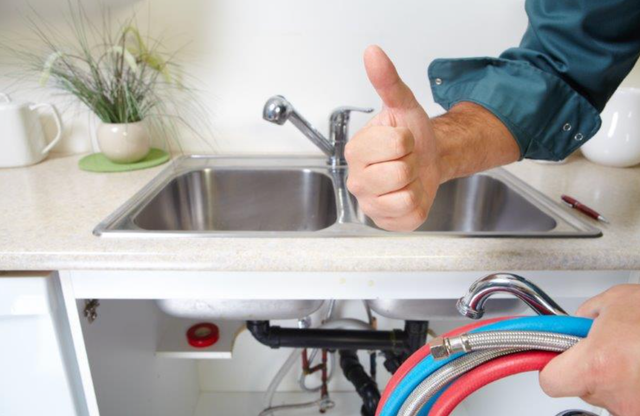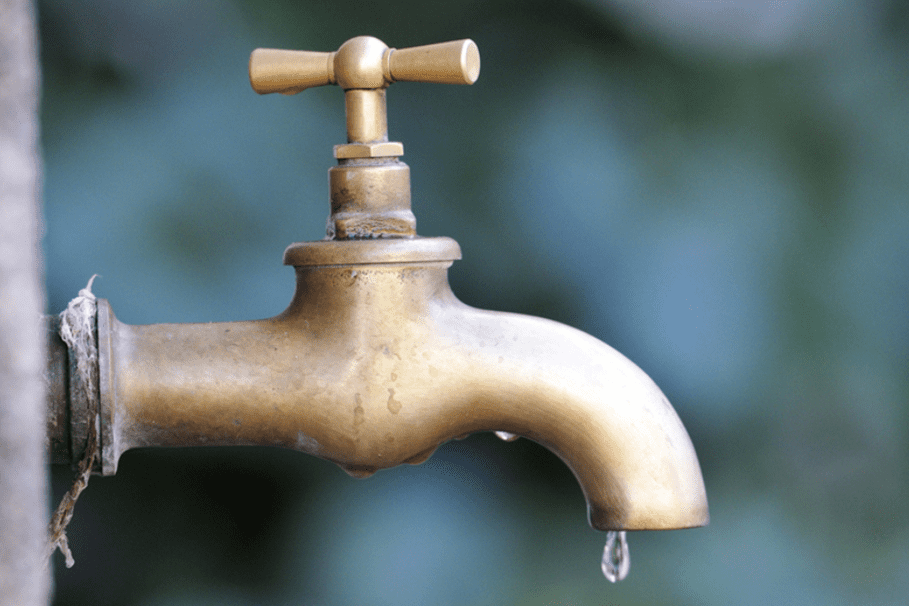Here in the next paragraph yow will discover a lot of really good facts when it comes to Winterizing Your Pipes.

All homeowners who live in pleasant climates need to do their ideal to winterize their pipelines. Failure to do so can mean disaster like frozen, split, or burst pipes.
Turn On the Faucets
When the temperature drops as well as it seems as if the frigid temperature level will last, it will certainly assist to turn on your water both inside as well as outdoors. This will certainly keep the water streaming via your plumbing systems. Additionally, the movement will reduce the freezing process. Especially, there's no demand to turn it on full force. You'll wind up squandering gallons of water this way. Instead, aim for regarding 5 declines per min.
Open Up Cupboard Doors Hiding Plumbing
It would be practical to open cabinet doors that are masking your pipelines when it's cold outside. They could be somewhere in your kitchen or bathroom. This will permit the cozy air from your heating unit to distribute there. As a result, you prevent these revealed pipelines from cold. Doing this little method can keep your pipelines warm and also limit the potentially hazardous outcomes of freezing temperatures.
Take Time to Wrap Exposed Pipeline
One awesome as well as simple hack to warm up freezing pipes is to cover them with warm towels. You can cover them initially with towels. After safeguarding them in place, you can pour boiling water on the towels. Do it gradually to let the towels take in the liquid. You can additionally utilize pre-soaked towels in hot water, just do not forget to use safety handwear covers to safeguard your hands from the warm.
Try a Hair Dryer or Heat Gun
When your pipelines are practically freezing, your reliable hair clothes dryer or warmth weapon is a godsend. Bowling warm air straight right into them may assist if the warm towels do not assist displace any kind of working out ice in your pipes. Nonetheless, do not use other items that generate straight flames like an impact lantern. This can cause a larger catastrophe that you can not manage. You might end up damaging your pipelines while attempting to melt the ice. As well as over time, you may also wind up shedding your house. So be careful!
Shut down Water When Pipes are Frozen
If you notice that your pipelines are entirely frozen or almost nearing that stage, turn off the primary water shutoff instantly. You will typically discover this in your basement or utility room near the heating system or the front wall surface closest to the street. Turn it off right now to stop additional damage.
With even more water, more ice will certainly load up, which will eventually lead to break pipes. If you are unsure about the state of your pipes this winter, it is best to call a professional plumber for an inspection.
All house owners who live in pleasant environments should do their finest to winterize their pipelines. Failing to do so can lead to disaster like icy, fractured, or ruptured pipes. If the hot towels do not aid remove any kind of settling ice in your pipes, bowling hot air straight into them might assist. Transform off the primary water valve promptly if you discover that your pipelines are completely frozen or practically nearing that phase. With even more water, even more ice will stack up, which will ultimately lead to break pipelines.
PREVENT YOUR PIPES FROM FREEZING THIS WINTER
A Leading Cause of Property Damage
When the weather is taking a deep nose dive into the cold dreary days, the risk of your pipes freezing and potentially bursting skyrockets. Unfortunately, during these cold dreary months, burst pipes are the most common denominator for property damage. The pipes that are most at the risk are those that are in areas where it is most cold in your home. For instance, pipes located in interior places such as basements, attics, and your garage. Unfortunately, that doesn’t mean that the pipes running through your cabinets or exterior walls can’t freeze. Good news, however, is that you can do things to help prevent pipes from freezing.
How to Prevent Pipes From Freezing
Once the temperature starts to drop during the winter, you should be taking the proper measures needed to ensure that your pipes stay warm and that there is circulation of water through them. Some steps that experts may recommend could go against your better judgement when it comes to saving water and heat. However, it would go without saying that when expenses are compared, damaged pipes could put a bigger dent in your wallet than a water bill.
What Can I Do?
Keep your garage door closed. This is very important, especially if you have water supply lines running through your garage. Open your kitchen and bathroom cabinets to allow warm air to circulate through them. Allow air circulation throughout your home. Keeping the interior doors open will once again allow the warm air to circulate inside your home. Ensure your thermostat is running the same temperature throughout the night and day. If you plan to be away from home during the cold months, set your temperature no lower than 55° F. This should provide enough heat to keep the pipes warm and prevent any remaining water inside the pipes from freezing. For more of a long-term solution, add insulation to attics, basement, and other crawl spaces around your home. By allowing your faucet to drip, it will alleviate pressure in the system. This is important because the pressure that is created between the blockage and the faucet can potentially cause the pipes to burst. Allowing the faucet to drip will prevent the pressure from building up, therefore keeping the pipes from bursting. Seal any cracks, openings, and crawl spaces around your home to prevent cold air from coming inside. This keeps your pipes-not to mention your home-warmer and less susceptible to issues caused by freezing temperatures. For the pipes in your home that are easily accessible, applying electrical tape to them might prevent them from freezing over. This is a quick fix, as you can apply the tape directly to the pipe. There are two options for heating tapes. One turns on and off by itself when it senses heat is needed. The other type of heating tape needs to be applied when heat is needed and removed when not necessary. If you have exposed pipes in your home, you can check this website to take a look at a few options that would be available at a shop near you.

I found that blog posting on Prevent Freezing and Bursting Pipes while doing a search on the web. Do you know about another individual who is serious about the niche? Feel free to share it. Thank you so much for your time invested reading it.
Reliable help, dial now.